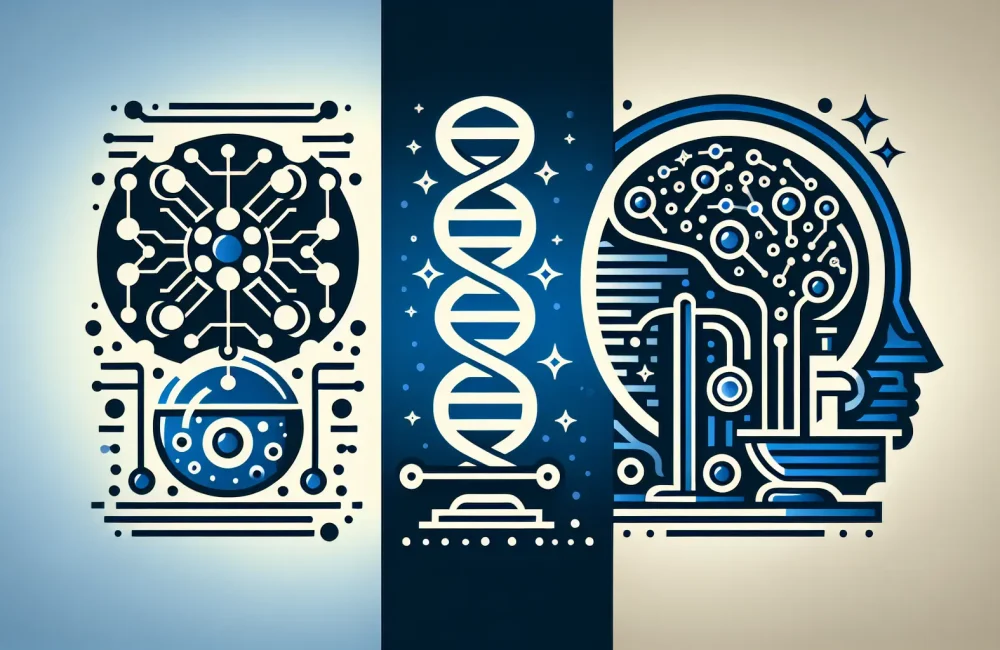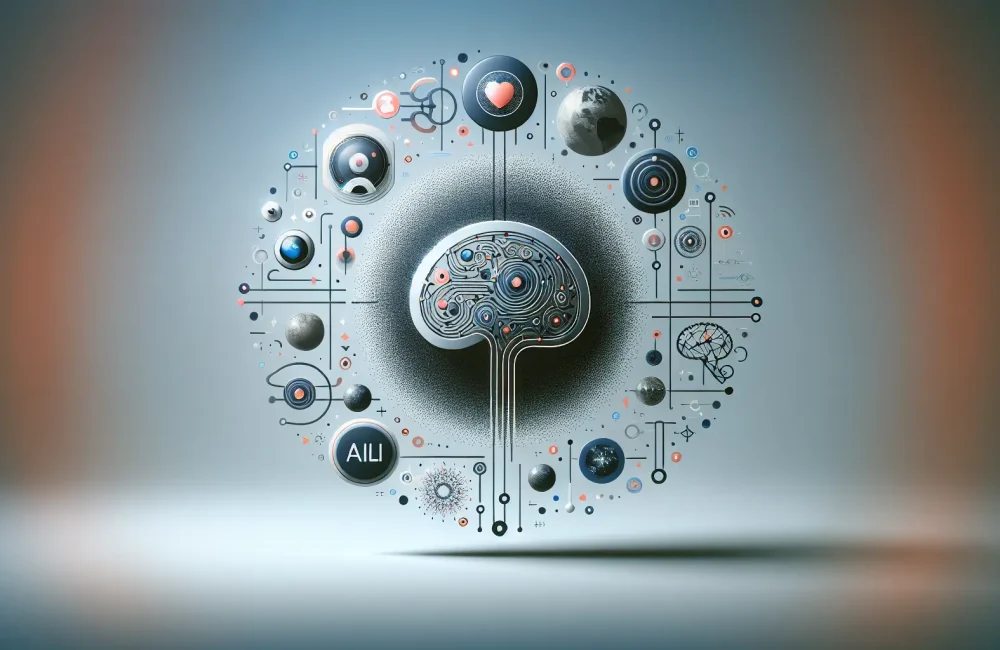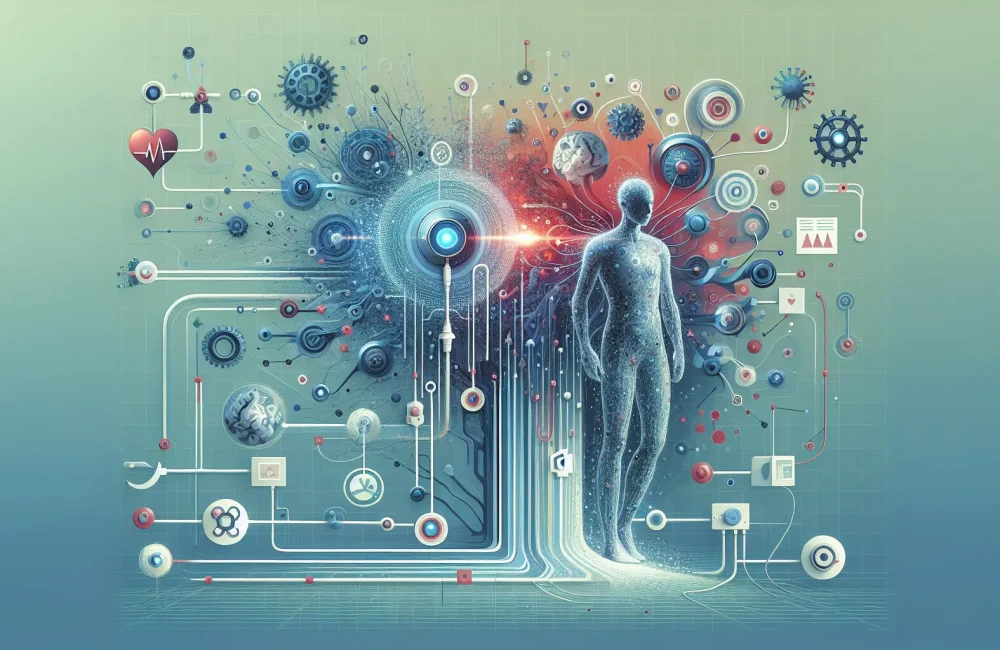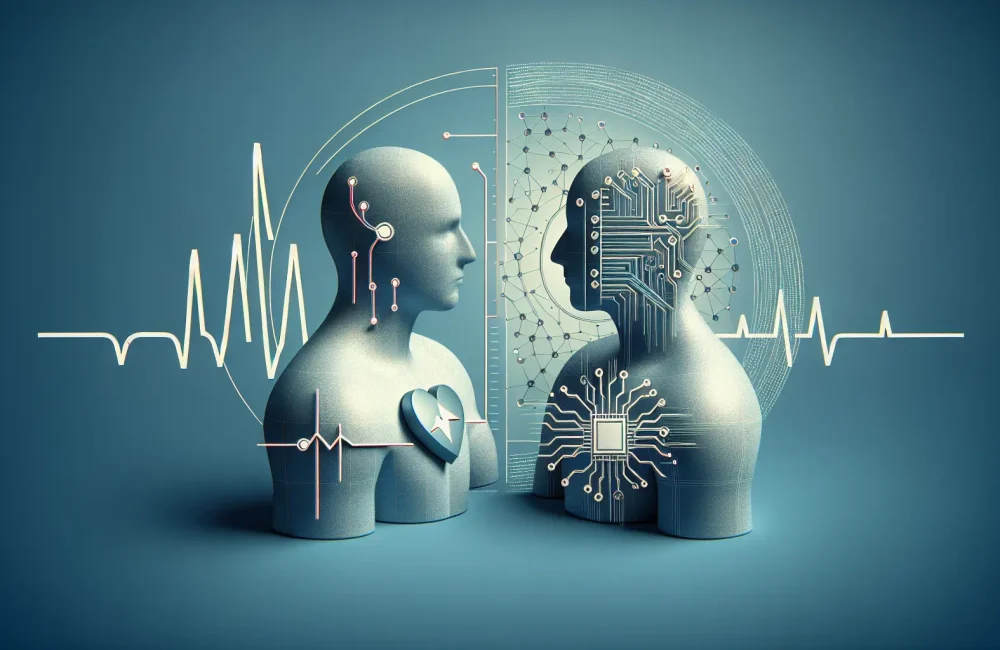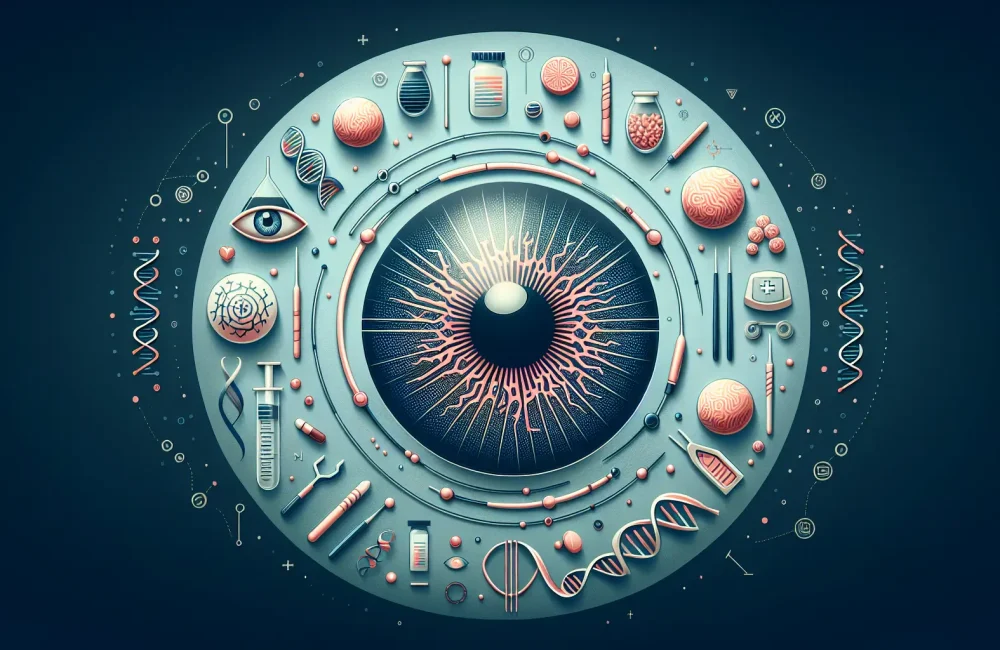By CAFMI AI From npj Genomic Medicine (Open Access)
Discordance Between Deep Learning and Clinical Variant Classifications
Accurate detection and classification of genetic variants are crucial for diagnosing and managing rare diseases in clinical practice. Recently, deep learning (DL) models have been introduced to predict the pathogenicity of genetic variants, showing promise for automating and improving the interpretation process. However, this study reveals significant discordance between a state-of-the-art DL model’s predictions and established clinical-grade classifications based on expert guidelines, particularly those from the American College of Medical Genetics (ACMG). This discrepancy suggests that while DL technologies have potential to aid variant interpretation, they currently cannot replace expert review, underscoring the cautious integration of these tools into clinical workflows.
Key Findings on Model Performance and Variant Types
The study evaluated a DL model against rigorously classified variants from a rare disease cohort. The model showed moderate overall accuracy but exhibited considerable disagreement for certain variant categories. Specifically, missense variants in critical protein domains were more reliably identified, whereas noncoding and synonymous variants were more frequently misclassified. Moreover, some variants flagged as pathogenic by the DL model were considered benign or uncertain by clinical experts, and some clinically pathogenic variants were not detected by the model. These results highlight particular genomic contexts where DL predictions fall short, reflecting the inherent challenge of interpreting variants lacking extensive functional data.
Clinical Implications and Future Directions
For primary care physicians involved in the initial assessment and referral of patients with suspected rare diseases, these findings emphasize the ongoing necessity of relying on clinical-grade variant classification for accurate diagnosis and patient management. DL models, though promising in automating genetic data interpretation, currently serve best as complementary tools that support—but do not replace—expert genetic assessment. Future improvements should focus on refining training data for DL algorithms and integrating diverse evidence sources to enhance their clinical reliability. Until then, expert review remains indispensable to ensure precise variant interpretation and optimize patient outcomes in rare disease care.
Read The Original Publication Here
